Do inherited IRAs constitute “retirement funds” that may be exempted from a bankruptcy estate? This issue causes some consternation among bankruptcy trustees when debtors assert exemption claims on money they receive as an inheritance—money that they did not set aside themselves or accumulate from their own earnings over time.
Inherited IRAs are allowed special tax treatment that may preserve some tax deferral benefits but they are treated differently than regular IRAs. In general, a beneficiary of an inherited IRA must (1) withdraw all of the funds within five years; or (2) make an election to take substantial and equal periodic distributions over their actuarial life expectancy. Under either scenario, the beneficiary’s age is irrelevant and there is no penalty for early withdrawal even if the beneficiary is less than 59 ½ years old.
Yet when beneficiaries of such accounts file bankruptcy, they often assert that such accounts are their retirement funds and are exempt as a result. Such exemption claims essentially bootstrap the actions and intent of the deceased (i.e., retirement planning and tax free earnings accumulation) and attempt to color the debtor’s inheritance with the character of such “retirement funding” for the debtor—for exemption purposes in the debtor’s bankruptcy. Debtors making such “bootstrapping” exemption claims often base them on exemption language added to 11 U.S.C. §522(b) in the 2005 amendments to the Bankruptcy Code.
Most trustees seem to think these claims unfairly ignore the underlying statutory scheme of §522(b), as amended, and are unfair to creditors, particularly since the debtors are in fact taking withdrawals from these plans without regard to their age and working status. Instead, many trustees contend that Congress meant to clarify that IRAs and other tax exempt retirement plans would be exempt as to their taxpaying, retirement planning contributors under certain circumstances, even if the taxpaying contributors to such retirement plans transferred the funds to a different account.
Said differently, most trustees would argue that these provisions give some additional exemption protection to retirement plans set up by debtors, even if those debtors improvidently or involuntarily transfer some or all of those “retirement funds” to a different account, perhaps even an account that lacks the initial tax deferred status of the plan. But to allow these changes in the law to benefit the heirs of such a person simply defies logic especially where the debtor is young, gainfully employed and doesn’t need the money for their support upon retirement.
Nevertheless, the case law on this exemption issue is divided and there will be continued litigation as the issue pushes its way through the court system. About ten years ago I argued a case before the Ninth Circuit Court of Appeals (In re Dudley, 249 F.3d 1170 (9th Cir. 2001)) that clarified the standard for when a private retirement account of a debtor (such as an IRA) in a California bankruptcy case should be exempt under then applicable law. Dudley held that such a fund accumulated by the debtor must be “designed and principally used” for retirement purposes. Where a debtor is not principally using the funds for retirement (such as the beneficiary that elects to withdraw the funds from an inherited IRA within five years), allowing the exemption does not support the underlying policy for protecting retirement funds.
Currently, Marshack Hays LLP is litigating one of these cases challenging a debtor’s claimed exemption in an inherited IRA. This one case, however, is not an isolated matter and many trustees and attorneys will want to follow the outcome with interest, including members of the National Association of Bankruptcy Trustees. The particular facts and arguments in this pending case are not yet appropriate for comment. But the larger issues will continue to vex trustees and debtors’ counsel in the near future.

